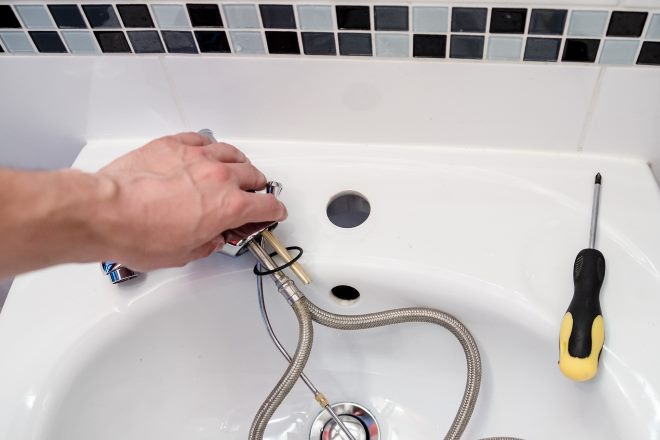Integrating daily mental health practices into busy work schedules
Integrating mental health practices into packed workdays is achievable through brief, consistent habits. This article outlines practical steps for incorporating mindfulness, stress management, and resilience-building routines alongside sleep, nutrition, hydration, ergonomics, and recovery strategies to support sustained productivity.

Many professionals find that hectic workdays leave little room for deliberate mental health care, yet small, consistent practices can substantially reduce stress and support resilience. Integrating brief habits—five-minute breathing breaks, structured micro-movements, and simple nutrition checks—can make self care sustainable without disrupting core responsibilities. The strategies below focus on realistic, evidence-aligned approaches that fit into common work patterns and preserve productivity.
This article is for informational purposes only and should not be considered medical advice. Please consult a qualified healthcare professional for personalized guidance and treatment.
Mindfulness during short work breaks
Mindfulness does not require long sessions to be effective; short, focused moments of attention can lower stress and sharpen focus. Try single-breath grounding (one minute), a brief body-scan during a lunchtime walk, or a three-minute mindful pause between meetings. These micro-practices help reset attention, reduce reactivity, and can be scheduled as part of calendar routines. Over time, consistent short practices build capacity for calmer responses during high-pressure moments.
Stress management and resilience practices
Stress management in the workplace combines immediate coping techniques and longer-term resilience-building. Immediate tools include paced breathing, progressive muscle relaxation, and simple prioritization frameworks that minimize decision fatigue. For longer-term resilience, establish regular reflection, clear boundaries between work and personal time, and social connection through colleagues or local services. Small rituals like a brief end-of-day review or weekly planning session reduce cognitive load and prevent stress from accumulating.
Protecting sleep and recovery with schedules
Sleep and recovery are foundational to mental health and daytime performance. Aim for consistent bedtimes when possible, reduce screen exposure before sleep, and create brief wind-down routines such as light stretching or journaling. If work patterns disrupt nighttime rest, plan short daytime recovery options—a 20-minute nap where feasible or restorative breathing exercises to counter afternoon fatigue. Prioritizing recovery helps sustain cognitive function and supports prevention of longer-term burnout.
Nutrition, hydration, and brief fitness
Nutrition and hydration influence mood and cognitive clarity across the workday. Favor balanced meals with protein and complex carbohydrates to avoid energy dips. Keep a water bottle visible and set gentle reminders to sip regularly, as dehydration can raise perceived stress and reduce concentration. Incorporate short movement breaks—five to ten minutes of dynamic stretching, desk mobility, or brief walks—to increase circulation and elevate mood, contributing to sustained productivity.
Ergonomics, breaks, and practical self care
Ergonomics and scheduled breaks reduce physical strain that can amplify stress. Adjust chair height, screen angle, and keyboard placement to maintain comfort and minimize tension. Schedule micro-breaks every 45–60 minutes to stand, move, and rest your eyes; these pauses improve focus and reduce fatigue. Practical self care also includes pacing tasks with realistic goals, batching similar work to avoid frequent context switching, and designating a workspace that signals when it’s time to concentrate or to step away.
Prevention strategies to support productivity
Prevention focuses on systemic small changes that lower future stress and protect productivity. Build predictable routines—regular planning sessions, boundaries for work hours, and periodic reviews of sleep, nutrition, and recovery. Use workplace resources or local services for mental health support when needed and formalize recovery days during intense periods. These preventive habits create a stable environment that reduces the frequency and intensity of stressful episodes and strengthens long-term resilience.
Integrating these practices requires experimentation and personalization: test brief routines, observe which changes improve focus or mood, and adjust accordingly. Over weeks and months, short consistent habits around mindfulness, stress management, sleep, nutrition, hydration, ergonomics, and recovery compound into meaningful improvements for mental health and productivity, shifting care from reactive fixes to proactive prevention.






